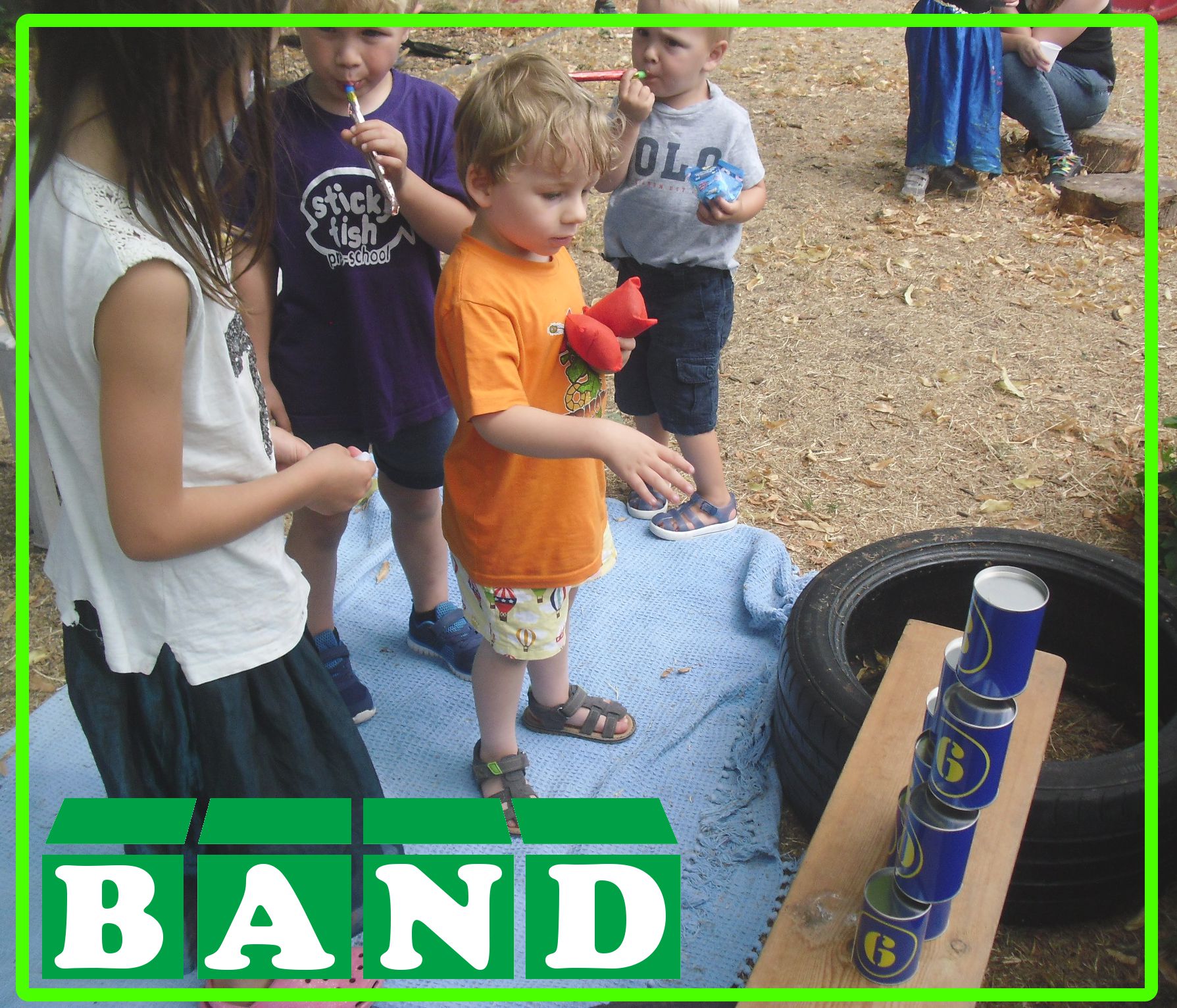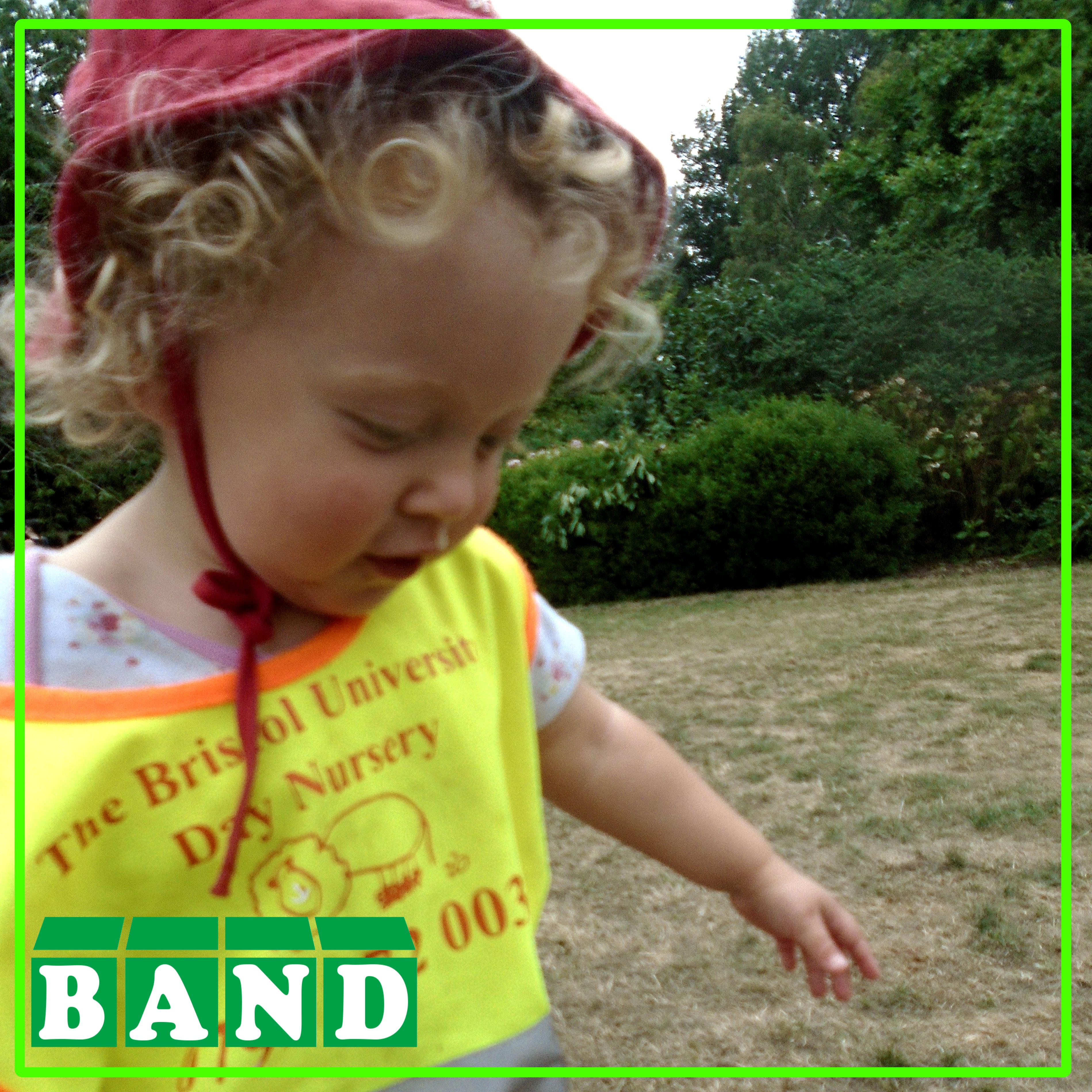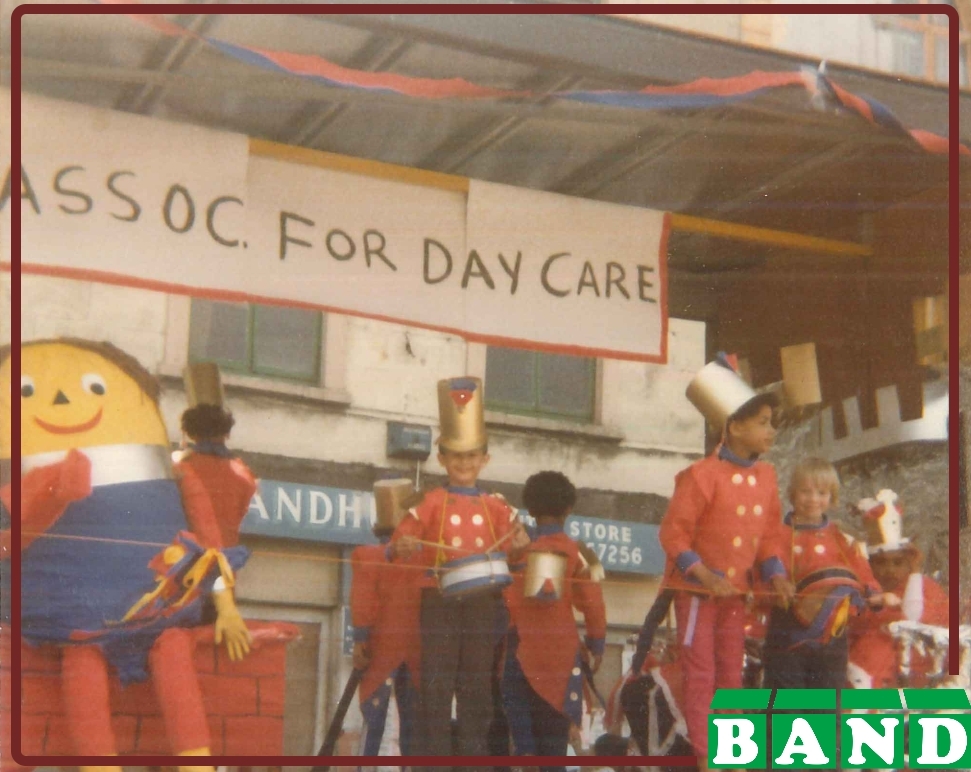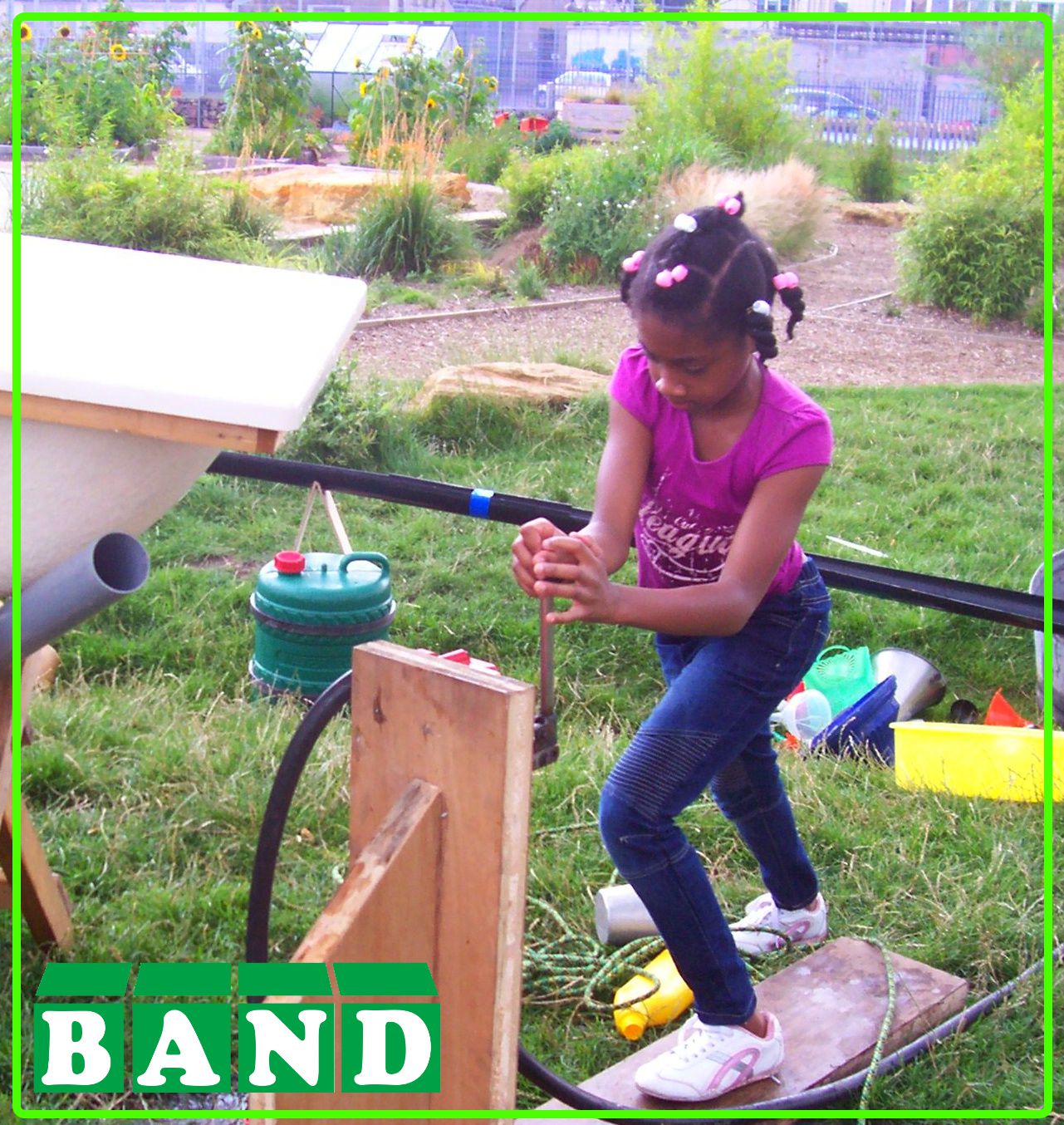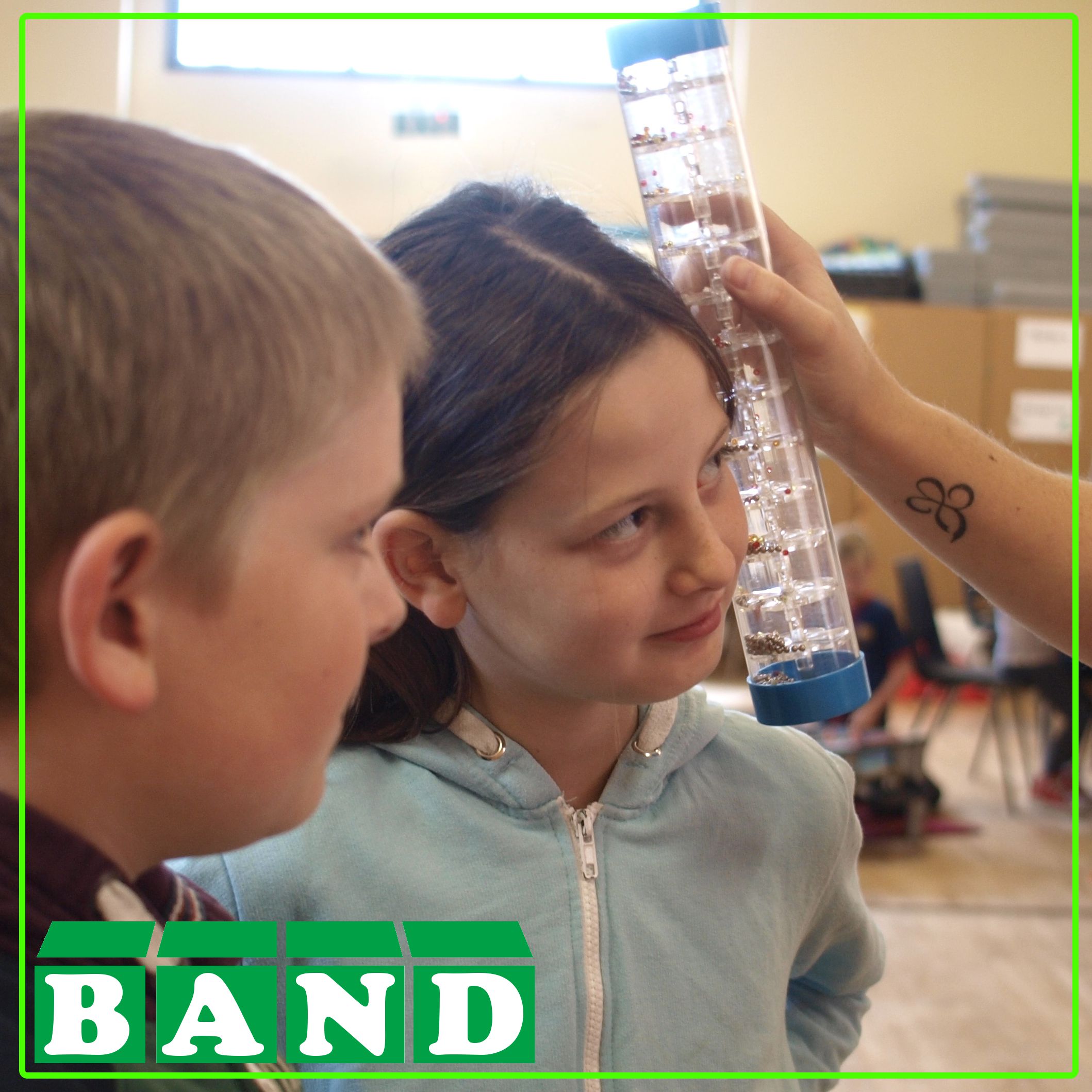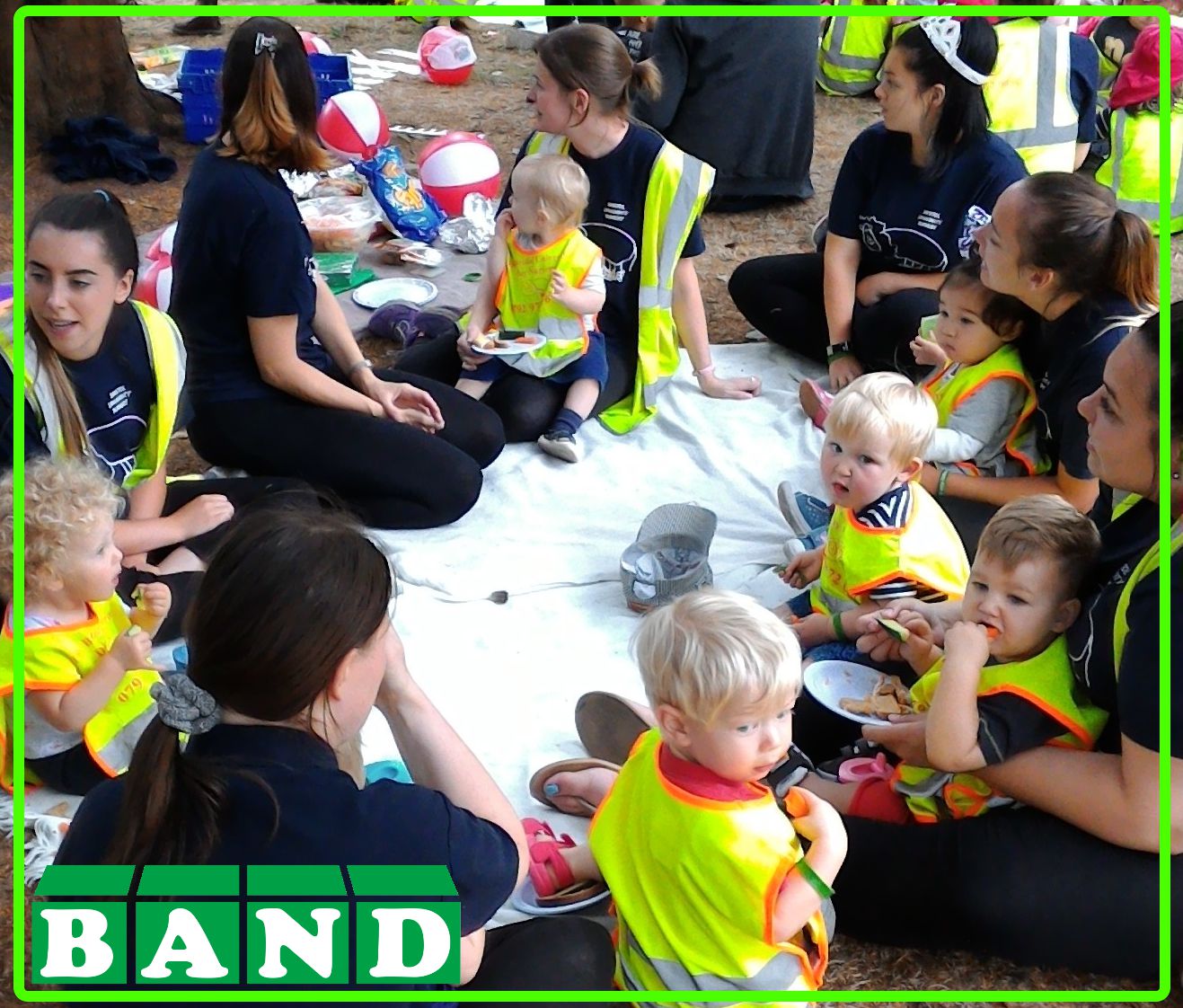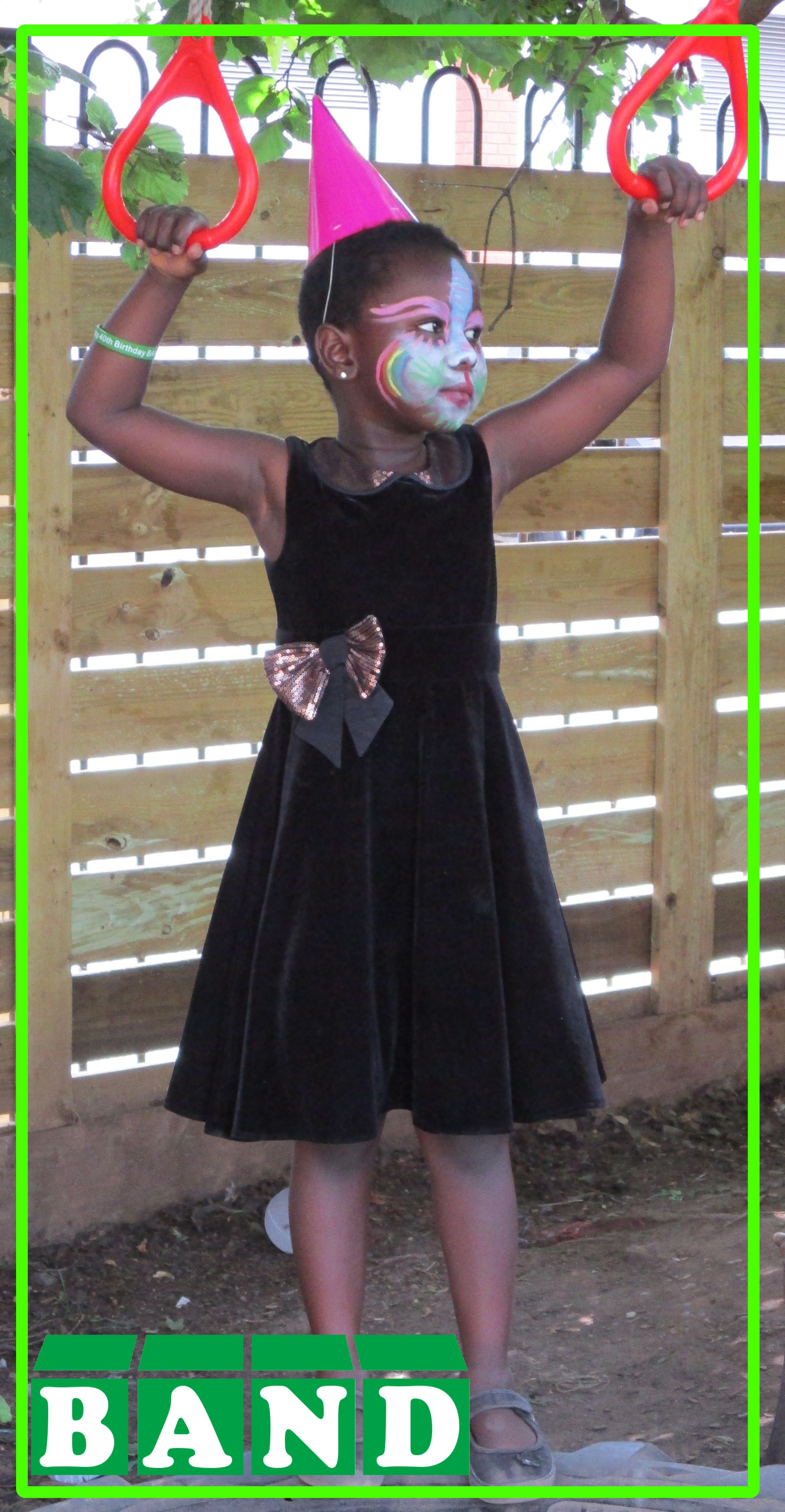Learning from the death of four year old Chadrack Mulo
What should we do when a child has an un-notified absence?
From JULY 17
Chadrack Mulo was a four year old boy who had autism and was non – verbal. When his mother unexpectedly died of an epileptic seizure in their family flat in October last year, Chadrack did not have the ability to call for help or to feed himself well. He was left alone for over 2 weeks and was found 2 days after his death from malnutrition and dehydration, clinging onto his mother’s body. A neighbour had alerted the Police.
Chadrack attended school and they followed their procedure for children who have a non-authorised absence but it was not robust enough to prevent his death.
As a result, the coroner has told Government ministers to take action on the systems schools use to deal with unexpected absences and the school has reviewed it’s policy with support from the Police.
If DfE guidance is updated, it is unlikely to cover nurseries and other childcare settings, so what can we learn from his death and how can we minimise the risk of a similar event ever happening again?
What the school did: School staff had attempted to call his mother on several occasions and visited the family home twice but could not gain access to the block of flats where they lived.
What went wrong: The school had only one contact number for the mother, and no other emergency contact numbers for other family or friends. The school did not have a procedure for calling the Police or alerting social services within a reasonable timescale. There was also no provision for increased concern about the child’s welfare as a result of the child’s significant additional needs.
Unanswered questions: Why was there not a better cross over between unauthorised absences and child protection; the school followed only it’s absence policy, but the non-attendance of a disabled child, or non-disabled child, should potentially have also fallen under their child protection policy. The child suffered from neglect leading to his death of which the only seen factor was his non-attendance at school and this should then have been followed up as a CP referral as well.
What can nurseries and other childcare settings do?:
 Setting’s positive relationships with parents/carers are key; the knowledge you have of children and their families can enable the setting to understand when something is wrong.
Setting’s positive relationships with parents/carers are key; the knowledge you have of children and their families can enable the setting to understand when something is wrong.
For the 6 weeks of the Summer holidays, holiday playschemes might be the only settings to notice that a child or family is not ok. It’s imperative to follow up on all unexpected absences until you have a satisfactory answer.
Review your Absence Policy and practice in light of unauthorised absences and ensure that:
- There are sufficient emergency contacts for each child.
- There is a clear timeline for when staff will call First Response and the Police.
- That the setting perseveres until there is an adequate answer for the absence.
- There is recognition of the increased vulnerability of disabled children and the need to have heightened awareness.
- Parents are made aware of the policy and issue a reminder to them about what you will do if you are not notified of an absence.
- Staff are made aware of the circumstances of Chadrack Mulo’s death and contribute to the policy review.
Death of 4-year-old boy prompts calls for review of schools’ absence approach
Tags: policy, safeguarding, welfare
Read more from BAND News...
No post found
BAND newsletter
This article is taken from BAND News - our Newsletter which BAND members receive 6 times a year.
To read more BAND news articles like this click here.











